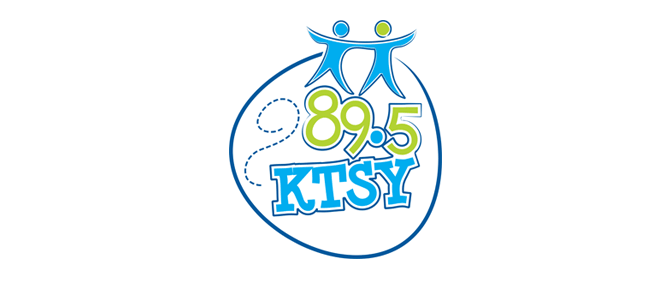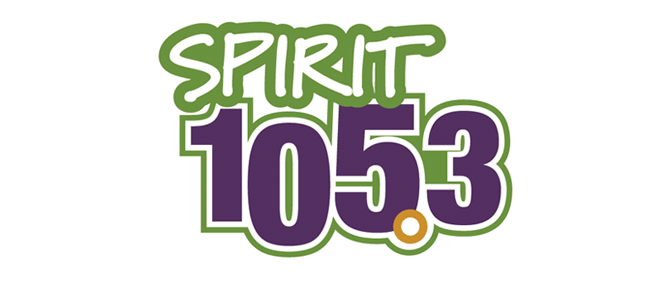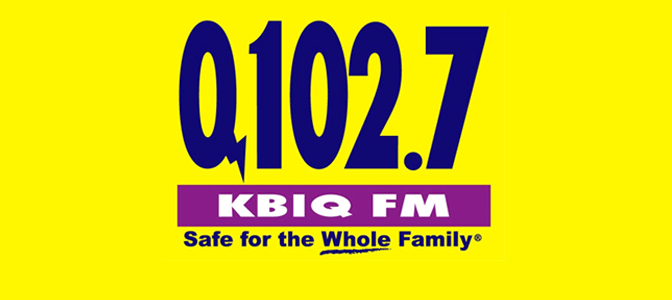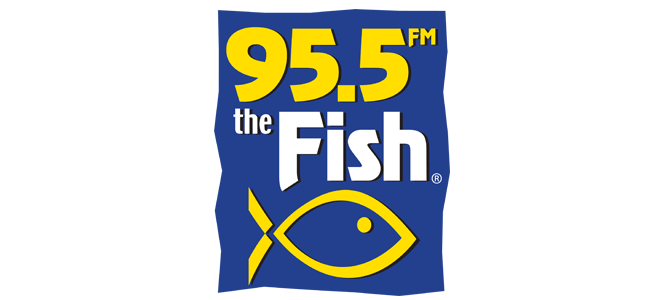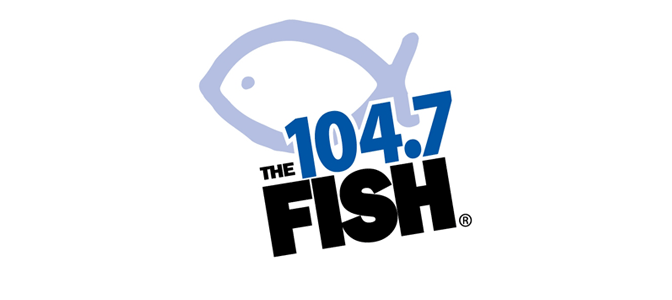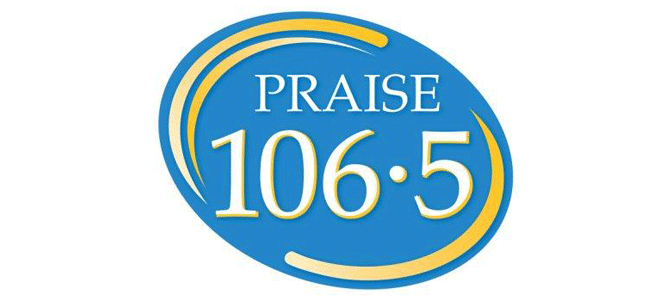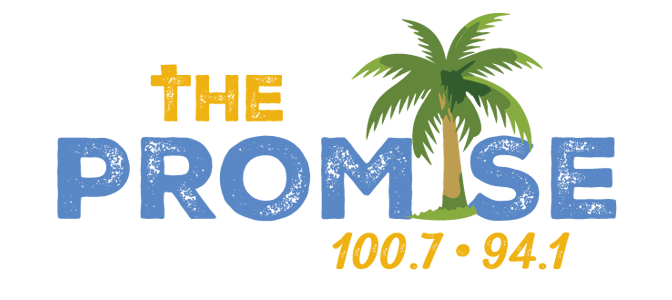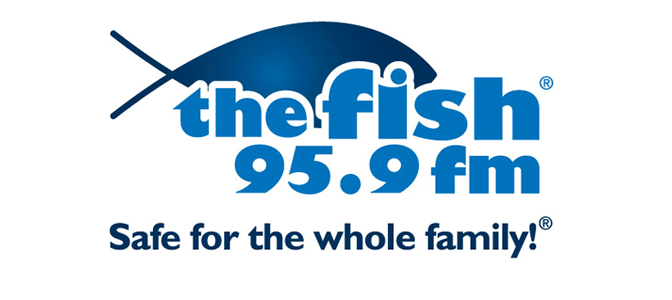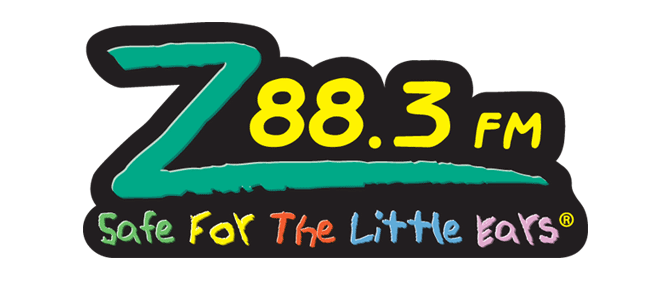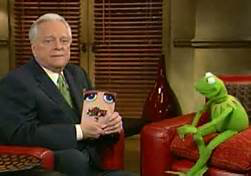We added a new jingle package and our ratings went up!
We ran that new promotion and our ratings went down.
I know of a general manager that wanted to change the shifts of the deejays based upon weekly or monthly ratings. I’M NOT MAKING THIS UP, as Dave Barry would say.
Our minds crave simplicity. We crave the Silver Bullet.
“People are drawn to black and white opinions because they are simple, not because they are true. Truth demands serious effort and thought.”
~Donald Miller
Correlation v. causation
“Every time we see a link between an event or action with another, what comes to mind is that the event or action has caused the other.”
That’s causation.
On the other hand “correlation is an action or occurrence that can be linked to another,” but “linking one thing with another does not always prove that the result has been caused by the other.”
www.differencebetween.net
Our desire for simplicity drives us to conclude that one thing causes another simply because they occurred at the same time.
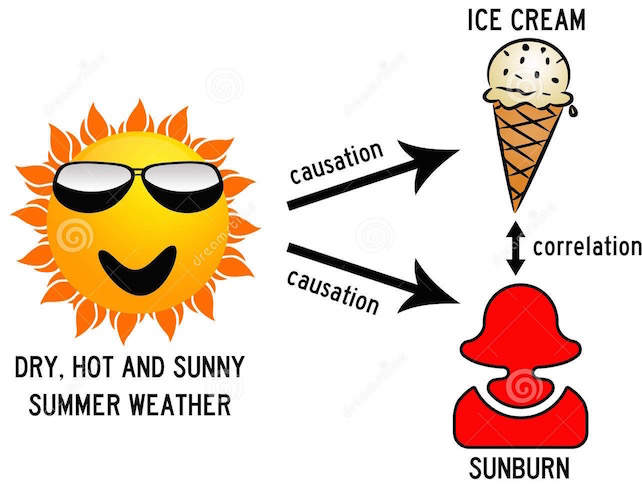
Our biases cause us to value things we know, mostly things inside the radio station, and to undervalue what we don’t know, mostly things outside the station.
Successful radio stations strive not for answers that are simple, but answers that are true.
But, darn it, that demands effort and thought.



